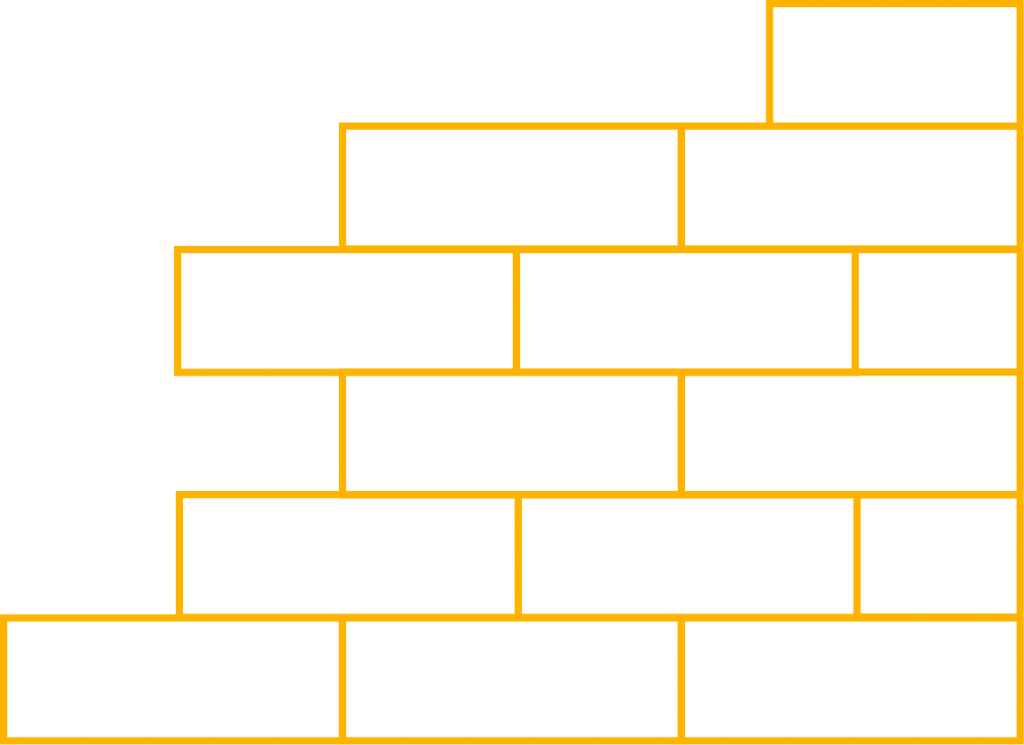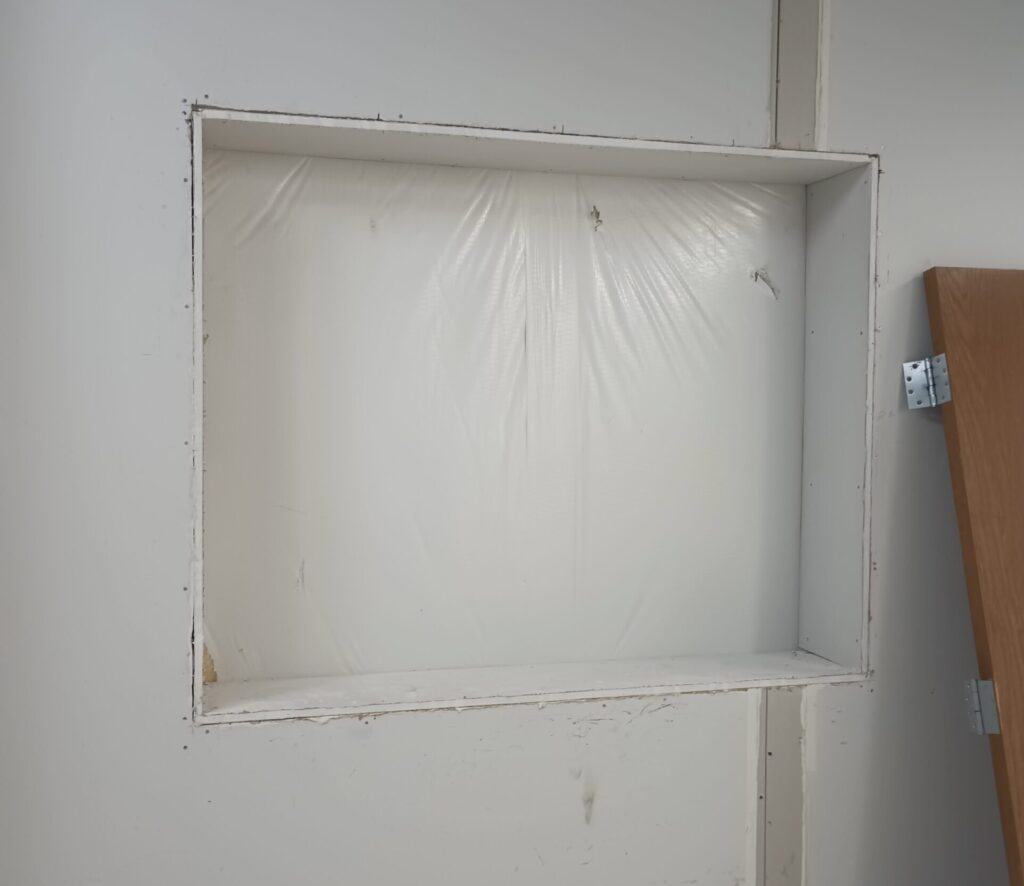Frequently Asked Questions
What is ACM in construction terminology?
ACM, or Aluminum Composite Material, is a type of material used in construction that consists of two thin layers of aluminum enclosing a non-aluminum core. It is often utilized for exterior cladding, signage, and interior applications due to its durability and aesthetic appeal.
What does ACM mean in construction?
ACM in construction refers to Aluminum Composite Material, which consists of two thin layers of aluminum enclosing a non-aluminum core. It is widely used for building facades, signage, and interior applications due to its durability and aesthetic appeal.
What is ACM construction?
ACME Construction is a specialized drywall service provider based in Oklahoma City, focusing on high-quality installation, remodeling, and repair services for both residential and commercial properties.
What is an ACM panel in construction?
ACM panels in construction are Aluminum Composite Material panels, consisting of two thin layers of aluminum enclosing a non-aluminum core. They are known for their lightweight, durability, and aesthetic appeal, commonly used for exterior cladding and interior applications.
What does ACM stand for in construction?
ACM stands for Aluminum Composite Material in construction. It is a modern building material made of two thin layers of aluminum enclosing a non-aluminum core, often used for exterior cladding, signage, and interior applications due to its durability and aesthetic appeal.
How is ACM used in construction projects?
ACM is used in construction projects as a lightweight, durable material for exterior cladding, interior partitions, and signage, providing both aesthetic appeal and functional benefits such as insulation and weather resistance.
What are the benefits of using ACM panels?
The benefits of using ACM panels include their lightweight nature, exceptional durability, excellent insulation properties, and aesthetic versatility, making them an ideal choice for both commercial and residential applications.
What industries commonly utilize ACM materials?
The industries that commonly utilize ACM materials include construction, architectural design, signage, and automotive manufacturing. These sectors benefit from ACM's lightweight, durable, and versatile properties for various applications.
What are the installation requirements for ACM?
The installation requirements for ACM (Aluminum Composite Material) include a clean, smooth substrate, proper framing support, and adherence to local building codes. Additionally, the installation should be performed by skilled professionals to ensure durability and performance.
How is ACM different from traditional materials?
ACM differs from traditional materials by offering enhanced durability, reduced weight, and superior insulation properties, making it ideal for a variety of applications while also providing a more modern aesthetic for both residential and commercial projects.
What regulations affect ACM use in construction?
Regulations governing ACM (Asbestos Containing Material) use in construction include the EPA’s National Emission Standards for Hazardous Air Pollutants and OSHA standards, which mandate proper handling, removal, and disposal to ensure safety and compliance.
What maintenance is needed for ACM installations?
The maintenance needed for ACM installations includes regular inspections for damage, cleaning to prevent surface buildup, and addressing any signs of wear promptly to ensure longevity and performance.
How do ACM panels compare to drywall?
ACM panels differ from drywall in their construction and application; they are lightweight, durable, and resistant to moisture and fire, making them ideal for commercial use, while drywall is more commonly used for residential interiors and repair.
What safety precautions are needed with ACM?
The safety precautions needed with ACM (Asbestos Containing Materials) include using personal protective equipment (PPE) such as masks, gloves, and goggles, ensuring proper ventilation, and following strict guidelines for handling, removal, and disposal to minimize exposure and health risks.
What finishes are available for ACM panels?
The finishes available for ACM panels include a variety of options such as brushed or anodized aluminum, high-gloss or matte finishes, and a range of custom colors to suit any design aesthetic.
How do you clean ACM surfaces properly?
Cleaning ACM surfaces properly involves using a mild soap solution and a soft cloth or sponge to avoid abrasions. Ensure to rinse thoroughly with clean water afterward to remove any soap residue, maintaining the material's finish and integrity.
What types of projects are ideal for ACM?
The types of projects ideal for ACME Construction include both residential and commercial drywall installations, remodeling, and repair tasks. We excel in delivering high-quality results tailored to your specific project needs.
What applications suit ACM best in buildings?
The applications that suit ACM best in buildings include wall panels, ceilings, and partitions, particularly in environments requiring durability and moisture resistance, such as commercial sectors, healthcare facilities, and high-traffic areas.
How does ACM impact energy efficiency in construction?
The impact of ACM on energy efficiency in construction is significant. ACM, or aluminum composite material, enhances insulation and reduces thermal bridging, leading to lower energy consumption and improved overall energy efficiency in buildings.
What certifications are required for ACM products?
The certifications required for ACM products typically include compliance with standards set by organizations such as ASTM, UL, and NFPA, which ensure safety, performance, and environmental responsibility in various applications.
What are the costs associated with ACM panels?
The costs associated with ACM panels depend on factors such as material quality, panel thickness, and installation requirements. On average, prices range from $10 to $20 per square foot, excluding labor.
What thickness options are available for ACM?
The thickness options available for ACM (Aluminum Composite Material) typically range from 3mm to 6mm, allowing for various applications and aesthetic preferences in construction and design.
How does ACM perform in extreme weather?
ACME Construction performs exceptionally well in extreme weather conditions. Our drywall materials and installation techniques are designed to withstand temperature fluctuations, humidity, and other environmental stresses, ensuring durability and reliability for your projects.
What fire ratings do ACM panels have?
The fire ratings of ACM panels vary depending on the materials used, typically ranging from Class B to Class A ratings. These classifications indicate their performance in fire resistance and can influence building code compliance.
What aesthetic options exist for ACM installations?
The aesthetic options for ACM installations include various finishes, colors, and textures that can enhance both visual appeal and interior design. Custom patterns and sizes can also be incorporated to suit specific architectural styles.
What is the durability of ACM compared to others?
The durability of ACM compared to others is superior, as it offers enhanced resistance to impact, moisture, and wear, ensuring long-lasting performance in both residential and commercial applications.
What are common misconceptions about ACM?
Common misconceptions about ACM include the belief that it is low-quality or outdated. In reality, ACME Construction uses advanced techniques and materials to ensure durable and high-quality drywall services for both residential and commercial projects.
How can ACM enhance a buildings appearance?
ACM enhances a building's appearance through professional drywall installation, providing seamless finishes and customized designs that elevate both residential and commercial spaces, ensuring aesthetic appeal and quality craftsmanship.
What manufacturing processes are involved in ACM?
The manufacturing processes involved in ACM, or Aluminum Composite Material, include the preparation of aluminum sheets, a core material application, and bonding techniques. This results in a durable, lightweight product ideal for various construction applications.
What types of finishes can ACM panels support?
The types of finishes that ACM panels can support include a variety of options such as matte, glossy, textured, and even custom colors, allowing for versatile design applications in both interior and exterior environments.














